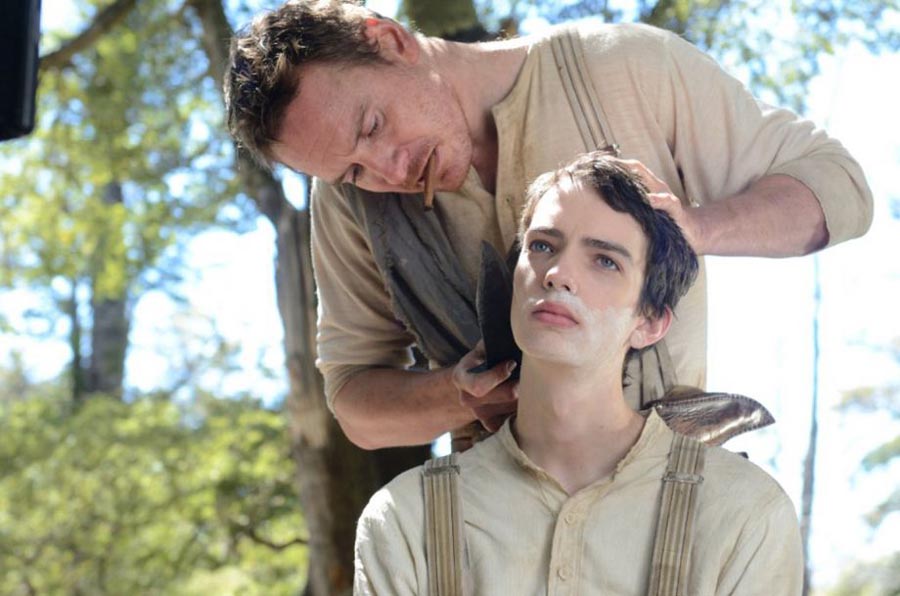
Slow West (2015)
by Sara Michelle Fetters - May 22nd, 2015 - Film Festivals Movie ReviewsAs debuts go, Slow West is a stupendous one, the film an elegiac Western triumph both fans of the genre and newcomers alike will hopefully enjoy in equal measure.
As debuts go, Slow West is a stupendous one, the film an elegiac Western triumph both fans of the genre and newcomers alike will hopefully enjoy in equal measure.
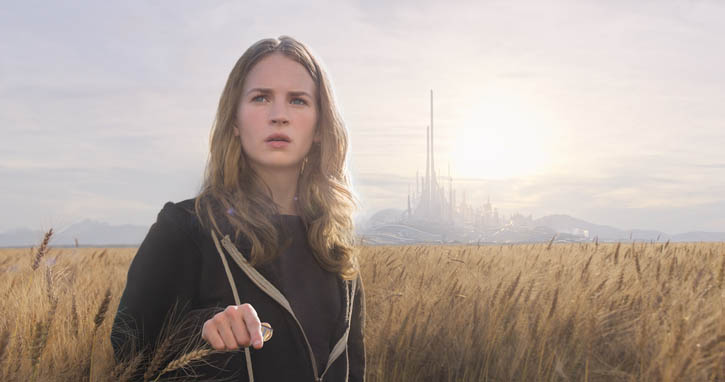
Tomorrowland (2015)
by Sara Michelle Fetters - May 22nd, 2015 - Movie ReviewsI’m not sure how Tomorrowland will age. What I do know is that Bird’s effort, for all its frustrating faults and creatively inspired ambitions, brought that child back out of me as I sat there watching it, and for that reason, and maybe that reason alone, I’m excited to find out what the target audience ends up thinking a decade or so down the line.
I’m not sure how Tomorrowland will age. What I do know is that Bird’s effort, for all its frustrating faults and creatively inspired ambitions, brought that child back out of me as I sat there watching it, and for that reason, and maybe that reason alone, I’m excited to find out what the target audience ends up thinking a decade or so down the line.
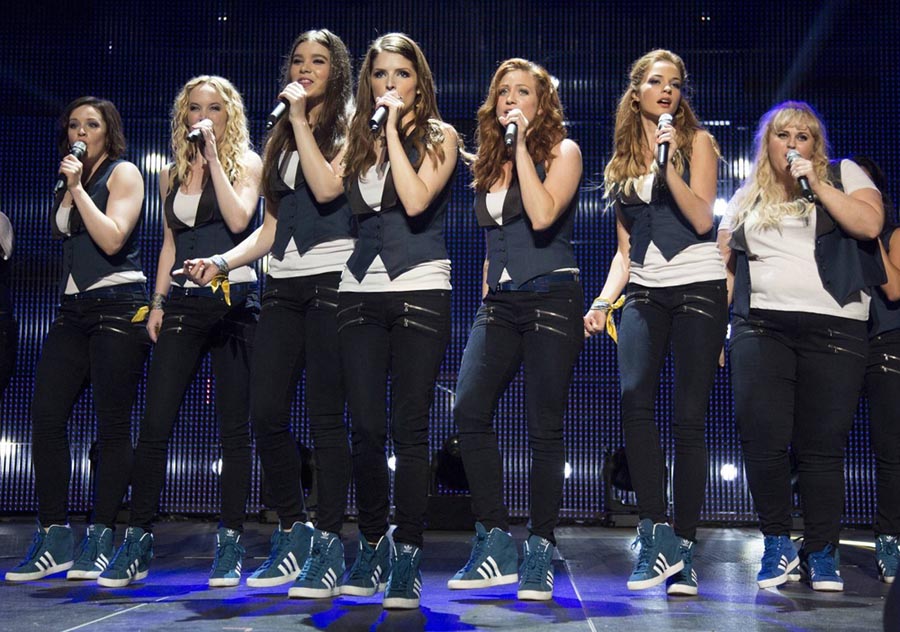
Pitch Perfect 2 (2015)
by Sara Michelle Fetters - May 15th, 2015 - Movie ReviewsI can’t say Pitch Perfect 2 hits all the right notes, and it certainly isn’t the out-of-left-field treat its predecessor was. At the same time, Banks and her talented group of actors and filmmakers have done a nice job, composing a solid, fitfully funny operetta.
I can’t say Pitch Perfect 2 hits all the right notes, and it certainly isn’t the out-of-left-field treat its predecessor was. At the same time, Banks and her talented group of actors and filmmakers have done a nice job, composing a solid, fitfully funny operetta.
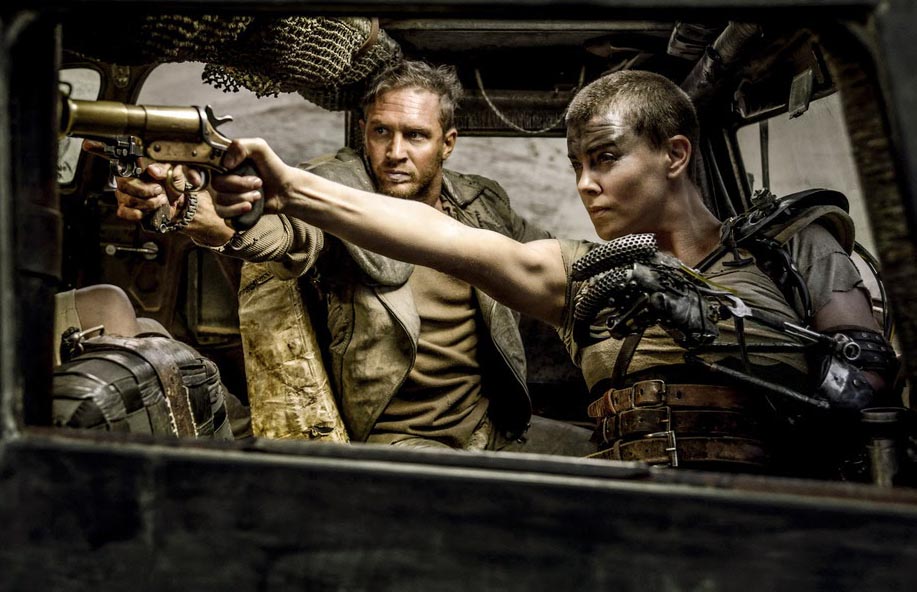
Mad Max: Fury Road (2015)
by Sara Michelle Fetters - May 15th, 2015 - Four-Star Corner Movie ReviewsMad Max: Fury Road is an ambitious, eye-popping spectacle of a world in constant chaos and the lengths those attempting to live within it will go to survive.
Mad Max: Fury Road is an ambitious, eye-popping spectacle of a world in constant chaos and the lengths those attempting to live within it will go to survive.
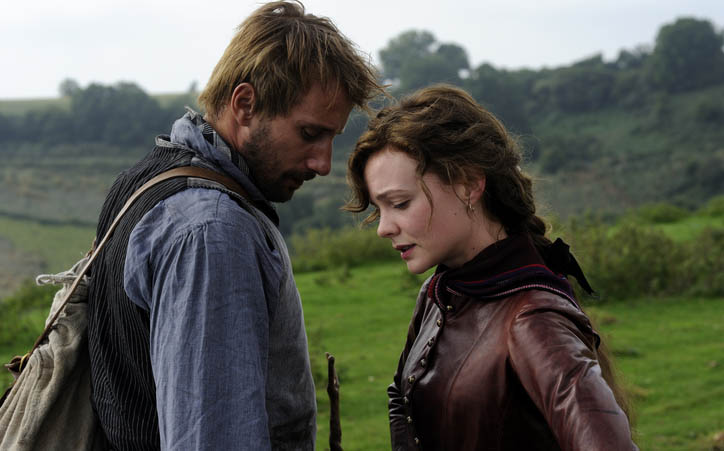
Far From the Madding Crowd (2015)
by Sara Michelle Fetters - May 8th, 2015 - Movie ReviewsFar From the Madding Crowd is a passionately literate piece of cinematic entertainment well worth seeing.
Far From the Madding Crowd is a passionately literate piece of cinematic entertainment well worth seeing.
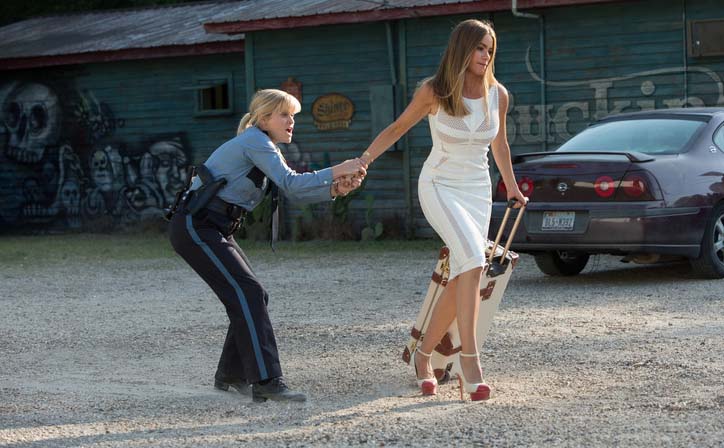
Hot Pursuit (2015)
by Sara Michelle Fetters - May 8th, 2015 - Movie ReviewsNot great, not terrible, maybe just a bit better than okay, Hot Pursuit isn’t going to win any awards or be remembered in any great detail by those who see it, true, but as mid-afternoon diversions go it’s hardly the worst I’ve ever seen.
Not great, not terrible, maybe just a bit better than okay, Hot Pursuit isn’t going to win any awards or be remembered in any great detail by those who see it, true, but as mid-afternoon diversions go it’s hardly the worst I’ve ever seen.
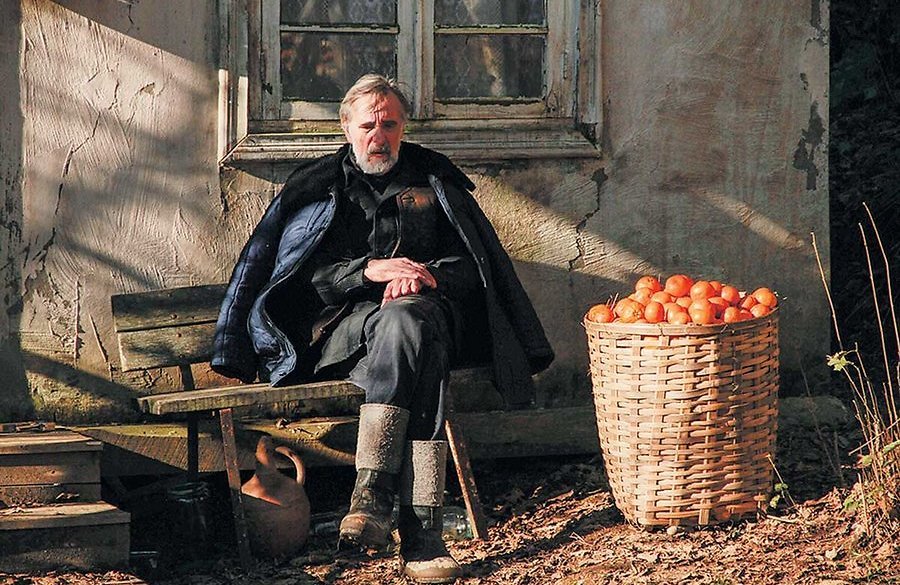
Tangerines (2014)
by Sara Michelle Fetters - May 8th, 2015 - Movie ReviewsThe Estonian import Tangerines, a Best Foreign Language Film Academy Award nominee, is a spellbinding treat, a delectable antiwar polemic of understanding and forgiveness that breaks the heart just as it uplifts the soul.
The Estonian import Tangerines, a Best Foreign Language Film Academy Award nominee, is a spellbinding treat, a delectable antiwar polemic of understanding and forgiveness that breaks the heart just as it uplifts the soul.
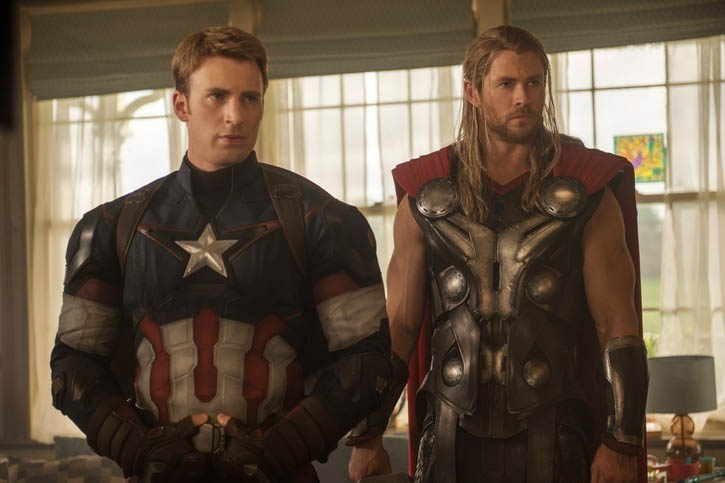
Avengers: Age of Ultron (2015)
by Sara Michelle Fetters - May 1st, 2015 - Movie ReviewsAvengers: Age of Ultron isn’t anything more than what it initially appears to be, and for most viewers I imagine that’s going to be, not just fine, but positively super.
Avengers: Age of Ultron isn’t anything more than what it initially appears to be, and for most viewers I imagine that’s going to be, not just fine, but positively super.
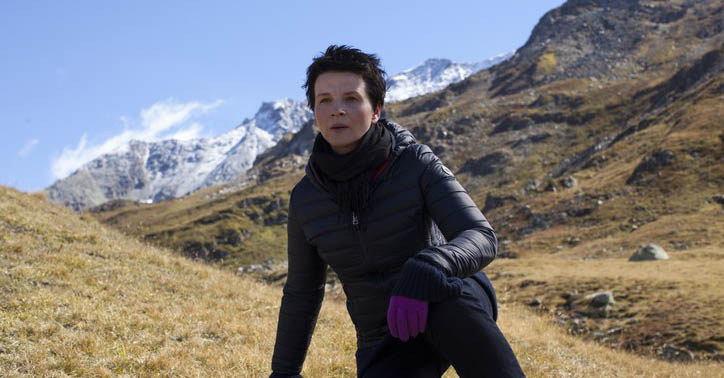
Clouds of Sils Maria (2014)
by Sara Michelle Fetters - May 1st, 2015 - Four-Star Corner Movie ReviewsThere will be few motion pictures released to domestic theaters in 2015 that are better than Clouds of Sils Maria.
There will be few motion pictures released to domestic theaters in 2015 that are better than Clouds of Sils Maria.